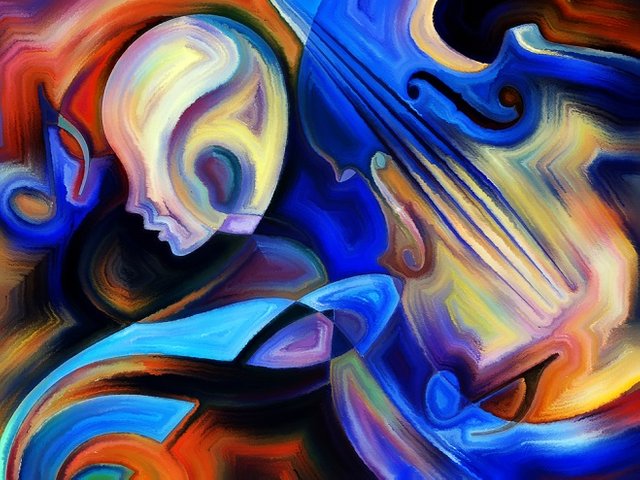Emotional and behavioral psychic processes: emotions and feelings, instincts, arbitrary movements and will. The problem of freedom of will and personality. /part 2/
The mood dictates life. It can be merry or sad, to go as joy or sadness without discovering the real reason that causes it. Mood encompasses man and his integrity as well as attitude towards others. Stress is a non-specific response to the body of any requirement placed before him that helps him cope with the difficulty he has encountered. Any events that break the normal course of life can be a cause of stress. However, in order for stress to arise, external events need to be addressed to the inner world of the Self, to expectations, to assessments of possible negative consequences. Emotions and feelings are extremely diverse and are therefore difficult to categorize. Depending on how they affect the character of the activity of the person, they are: - Wall - Activate human activity, increase its activity; - asthenic - conversely, adversely affect the results of the person's activity, in a number of cases it hinders her.
According to the strength and duration of their manifestation they can be classified as: - moods - weak but long-lasting experiences; - affections - a rapid and violent emotional process that occurs most often suddenly. It is expressed in the stuttering of the conscious activity of the person, implying its proper orientation in the social and physical environment; - passions - a highly persistent and long-lasting emotional state. It is characteristic that it has "put roots" in the man she conquers entirely. Characteristic of passion is the power of feeling, expressed in the corresponding orientation of the cognitive and physical activity of the personality and his resilience. In the manifold manifestation of the emotional sphere of the personality, of course, three types of feelings can be separated, depending on their content: - moral - in the form of experience - the attitude of personality towards people, moral rules and norms of behavior in society, which have become an act of consciousness; - aesthetically - arise and develop on the basis of perception of the beautiful or the ugly, the wonderful or the solemn, etc. ; - intellectual - based on the cognitive activity of the person.
From what has been said so far, it can be summed up that emotions and feelings in their uniqueness and perfectly specific forms of expression also fulfill a cognitive function, which, at their higher levels of expression, acquires a consciously objective character. The cognitive aspect of emotions and feelings in their higher manifestations is the ending point in the complex relationship between the emotional and intellectual spheres of man. There is a long humanitarian-philosophical tradition of rationalizing emotions. Theories about nature and their varieties have been suggested by a number of philosophers - Aristotle, Descartes, Spinoza and others. All these philosophers in their work of the questioned question have underestimated bodily changes, intimidated by emotions, and overestimated the moral or religious significance that each emotion carries. In fact, the first scientist who attempted to give a natural scientific explanation of emotions was Chars Darwin. He laid the foundation for bio-evolutionary theory of basic emotions. His theory was developed in many variants in psychological functionalism. Not a few psychologists consider the emotions to be devoid of incitement and, therefore, to epiphenomeni (no reason) of needs and motives.

Great